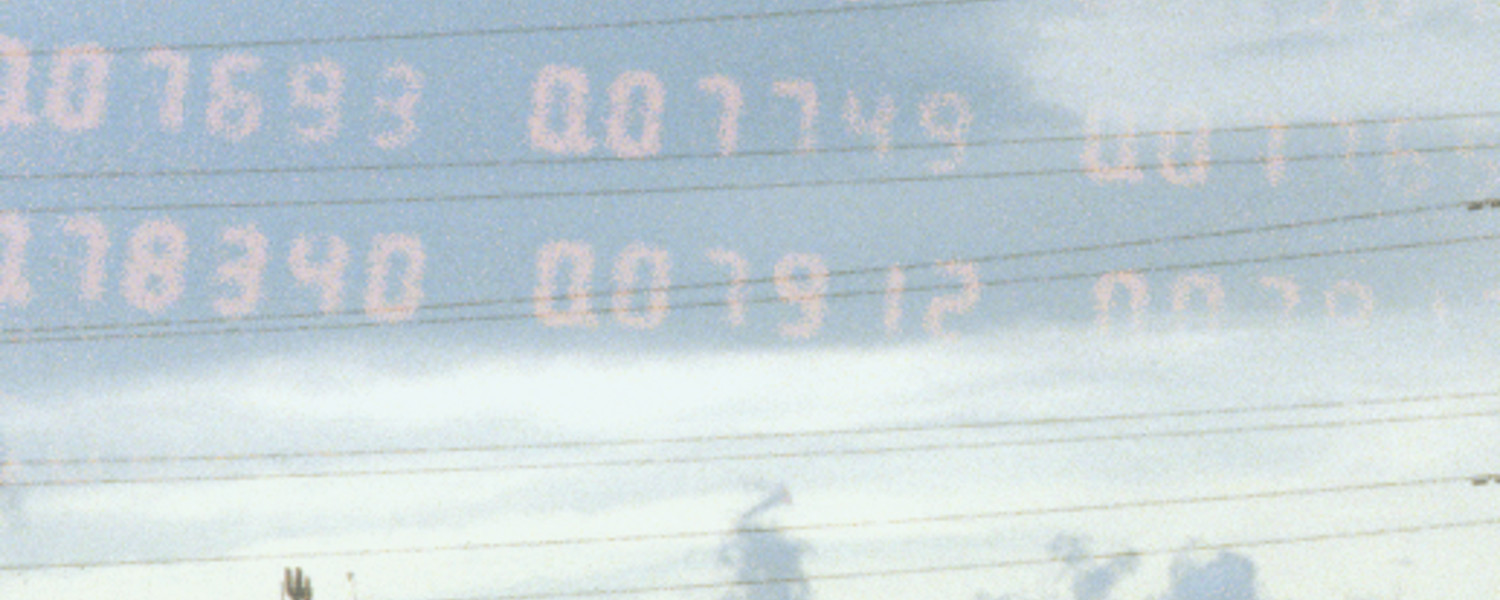
The Inflated EU Emissions Trading System
Since the implementation of the ETS in 2005 the framework has been considered one of the main tools for ensuring the EU climate targets are met. Today, however, many observers argue that it is failing due to a large surplus of unused allowances.
In the analysis “The inflated EU Emissions Trading System - Consequences of the EU ETS and Surplus of Allowances for Danish Climate Policy”, the Danish Council on Climate Change therefore analyses how Danish climate policies should relate to the trading system as well as the large surplus of unused allowances in the market.
The Danish Council on Climate Change's analysis "“The inflated EU Emissions Trading System - Consequences of the EU ETS and Surplus of Allowances for Danish Climate Policy" can be downloaded from the menu.



